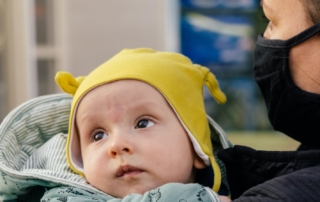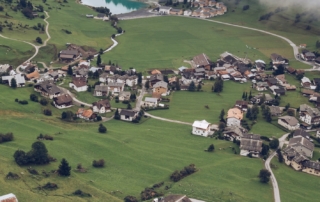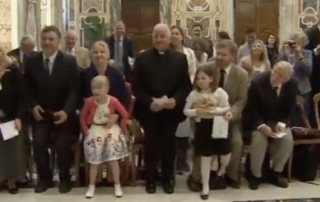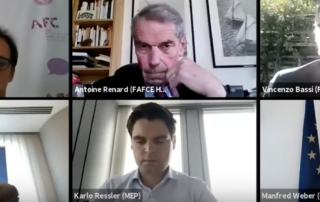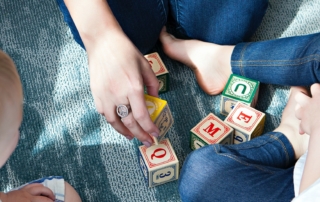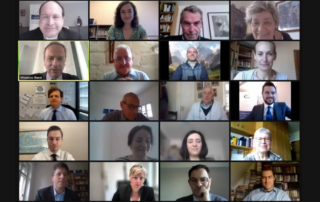Latest News
Council of Europe: Parliamentary Assembly calls for supporting parents in the prevention of child poverty and the post-pandemic socio-economic crisis
6 July 2021, On the 22nd of June 2021, the Parliamentary Assembly of the Council of Europe (PACE) adopted two Reports and Resolutions at the Summer Session, focusing on the socio-economic impacts of the Covid-19 pandemic. A Resolution on
European Commission Long-Term Vision for Rural Areas Focuses on Social Challenges
5 July 2021 On June 30th, 2021, the European Commission published its long-awaited Long-Term Vision for Rural Areas, which outlines the Commission’s strategy for developing Europe’s rural regions. The document—formally a communication to the European Parliament, the Council of
The EU Slovenian Presidency will “address the negative demographic trends in the EU”
25 June 2021, The EU's Slovenian Presidency will start on the 1st of July 2021 and will continue until the end of 2021. Slovenia is taking over the Council of the EU after Portugal, which took over from Germany.
Matic Report: let’s respect subsidiarity and stay focused on the future
Statement of Vincenzo Bassi, President of the Federation of Catholic Family Associations in Europe (FAFCE) Brussels, 23 June 2021 "Once again the Women's Rights Commission of the European Parliament proposes a document which, although legally non-binding, presents a series
FAFCE Participates in “Amoris Laetitia” Forum
18 June 2021 Between the 9th and 12th of June, the Holy See’s Dicastery for Laity, Family, and Life hosted an online forum on the topic, "Where are we with Amoris Laetitia? Strategies for the
The “sexual and reproductive health and rights” of women discussed at the European Parliament
10 June 2021 Are the EU policy-makers really interested in the health of women? The Women’s Rights and Gender Equality (FEMM) Committee of the European Parliament adopted on the 11th of May 2021 a Report on the situation of
FAFCE Webinar on “Demographic Change and the Future of Europe”: “Family policies will shape the future of Europe”
4 June 2021 On June 3rd, 2021, FAFCE organised, in cooperation with the European People's Party (EPP) working group on ‘Intercultural and religious dialogue’, a Webinar on the topic of demographic change and the future of Europe. EPP Group
PRESS RELEASE | FAFCE Webinar on “Family work-life balance in times of changes” calls to invest in families and equal opportunities for parents
Webinar on “Family work-life balance in times of demographic changes: a tool for intergenerational solidarity” A call to invest in families and equal opportunities for parents 3rd of June 2021, Following the International Day of Parents, FAFCE
FAFCE 2021 Spring Board Resolution: The Family is the Democratic and Demographic Future of Europe
27 May 2021 FAFCE Board Resolution on the Conference on the Future of Europe The Family is the Democratic and Demographic Future of Europe 27 May 2021 As a consequence of the launch of the Conference on the Future
PRESS RELEASE | FAFCE Board Members adopt a Resolution on “The Family is the Democratic and Demographic Future of Europe”
Not only does the family constitute the first school of social and civic life by teaching children how to interact with others in a respectful and complementary manner based on compromise, it also affirms the importance of these values for parents and grandparents, who learn to make sacrifices for others and experience the unique freedom created through responsibility.

